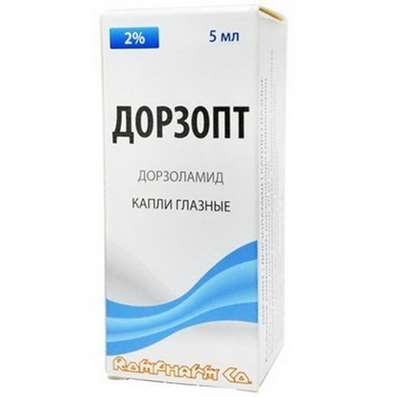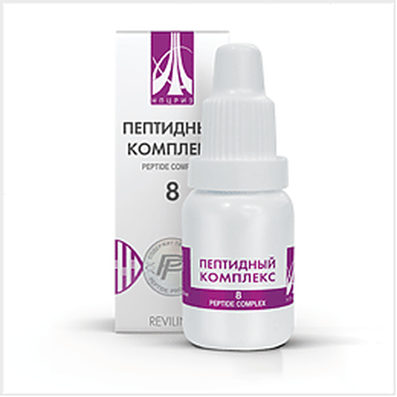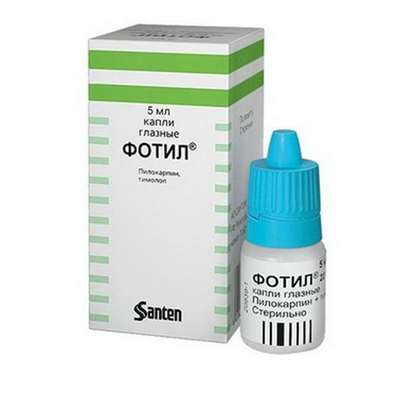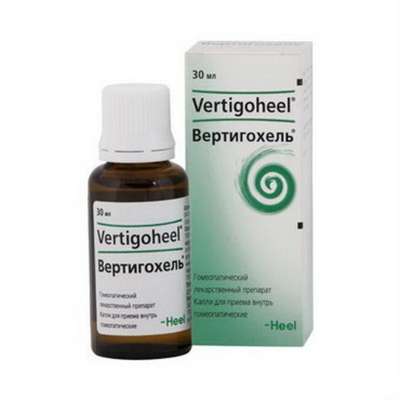Instruction for use: Triresid K
I want this, give me price
Active substance: Hydrochlorothiazide + Dihydralazine + Reserpine + [Potassium chloride]
ATX Code C02LA51 reserpine and diuretics combinations with other drugs
Pharmacotherapeutic group:
Sympatholytics in combinations
Diuretics in combination
The nosological classification (ICD-10)
I10 Essential (primary) hypertension
Hypertension, Arterial hypertension, Arterial hypertension crisis course, Essential Hypertension
Primary hypertension, Arterial hypertension, complications of diabetes, hypertension, The sudden increase in blood pressure, Hypertensive disorders of blood circulation, hypertensive condition, hypertensive crises, hypertension, arterial Hypertension, malignant Hypertension, Hypertonic disease, Hypertensive crisis, Hypertension, accelerated hypertension, malignant hypertension, The aggravation of hypertensive disease, Transient hypertension, Isolated systolic hypertension
I15 Secondary hypertension
Arterial hypertension, complications of diabetes, hypertension, The sudden rise in blood pressure, Hypertensive disorders of blood circulation, hypertensive condition, hypertensive crises, hypertension, arterial hypertension, malignant hypertension, Hypertensive crisis, Hypertension, accelerated hypertension, malignant hypertension, hypertensive crisis, The aggravation of hypertensive disease, Transient hypertension, hypertension, Arterial hypertension, Arterial hypertension crisis course, renovascular hypertension, symptomatic hypertension, renal hypertension, Renovascular hypertension, Symptomatic hypertension
Structure and Composition
1 coated tablet contains 0.1 mg of reserpine, dihydralazine sulphate and hydrochlorothiazide, 10 mg, 350 mg of potassium chloride; in blister 10 pcs., in box 4 or 5 blisters.
pharmachologic effect
- anti-hypertensive, diuretic, vasodilatory, sedative.
Reserpine (sympatholytic) causes depletion of catecholamine reserves in the endings of postganglionic sympathetic fibers, it depresses the central nervous system, slows heart rate. Digidralazin reduces the tone of smooth muscles of blood vessels, causing vasodilation and thus reduces round; increases renal blood flow. Hydrochlorothiazide promotes the excretion of sodium, chloride and water, reduction of BCC, a decrease in cardiac output and a gradual decrease in systemic vascular resistance.
Clinical pharmacology
The hypotensive effect seen in 2-3 weeks after the start of reception.
Indications
Arterial hypertension.
Contraindications
Hypersensitivity to any component of the drug.
Pregnancy and breast-feeding
Not recommended appointment in the last 3 months of pregnancy and during lactation.
Side effects
Depression, somnolence, nasal congestion, indigestion, diarrhea, postural hypotension.
Dosing and Administration
Inside, after a meal. Doses set individually. Usually beginning with Table 1. 1-2 times per day; then (in the case of failure effect) increase the dose of 1 tablet. every 7-14 days. The maximum daily dose - 5 Table .; maintenance - 1-2 tablets / day..
Precautionary measures
Be wary appoint patients with heart failure, recent myocardial infarction, cerebral or coronary atherosclerosis. It is necessary to consider the possibility of an adverse effect on driving ability (due to sedation).
Storage condition
At a temperature of 15-25 ° C.
Keep out of the reach of children.
Shelf-life
5 years.
Do not use beyond the expiration date printed on the package.

 Cart
Cart





